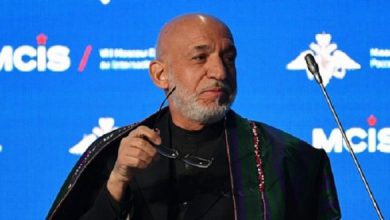Australia to Recognize Palestine at UN: A Step Toward Peace or a New Challenge?
In a landmark announcement, Australian Prime Minister Anthony Albanese declared that Australia will formally recognize Palestine as a sovereign state during the United Nations General Assembly in September 2025.
This decision, according to Albanese, aims to bolster international efforts to advance the two-state solution, secure a lasting ceasefire in Gaza, and facilitate the release of hostages.
The move marks a significant shift in Australia’s foreign policy toward the Israeli-Palestinian conflict, signaling a proactive stance in a decades-long dispute.Albanese emphasized that recognizing Palestine is both a moral and strategic step. He argued that it affirms the Palestinian people’s right to self-determination while sending a clear message to the global community to prioritize peace negotiations.
Highlighting the dire humanitarian crisis in Gaza—marked by civilian casualties and widespread suffering—Albanese stated that Australia, as a nation committed to human rights and global peace, cannot remain indifferent. By endorsing Palestinian statehood, Australia seeks to create momentum for diplomacy and de-escalation in the region.The announcement has sparked polarized reactions.
Supporters view it as a courageous step toward justice and a practical push for the two-state solution, potentially increasing diplomatic pressure on Israel to re-engage in talks. Conversely, critics, including some pro-Israel groups in Australia and abroad, argue that unilateral recognition of Palestine before a final agreement could complicate peace efforts. They warn that such a move risks alienating Israel and undermining the negotiation process.Internationally, the decision may strain relations with key allies, particularly the United States, which has historically advocated for a negotiated resolution.
Albanese, however, insisted that Australia will continue collaborating with global partners to ensure the initiative’s success. Domestically, the policy has divided opinions. Palestinian communities and human rights advocates have welcomed it, while some conservative factions and pro-Israel lobbies have called for a policy reversal.Australia’s recognition of Palestine could redefine its role in Middle East diplomacy.
Yet, its success hinges on Canberra’s ability to navigate domestic and international backlash while fostering constructive dialogue. The coming months will test whether this bold move catalyzes peace or adds new complexities to an already fraught conflict



